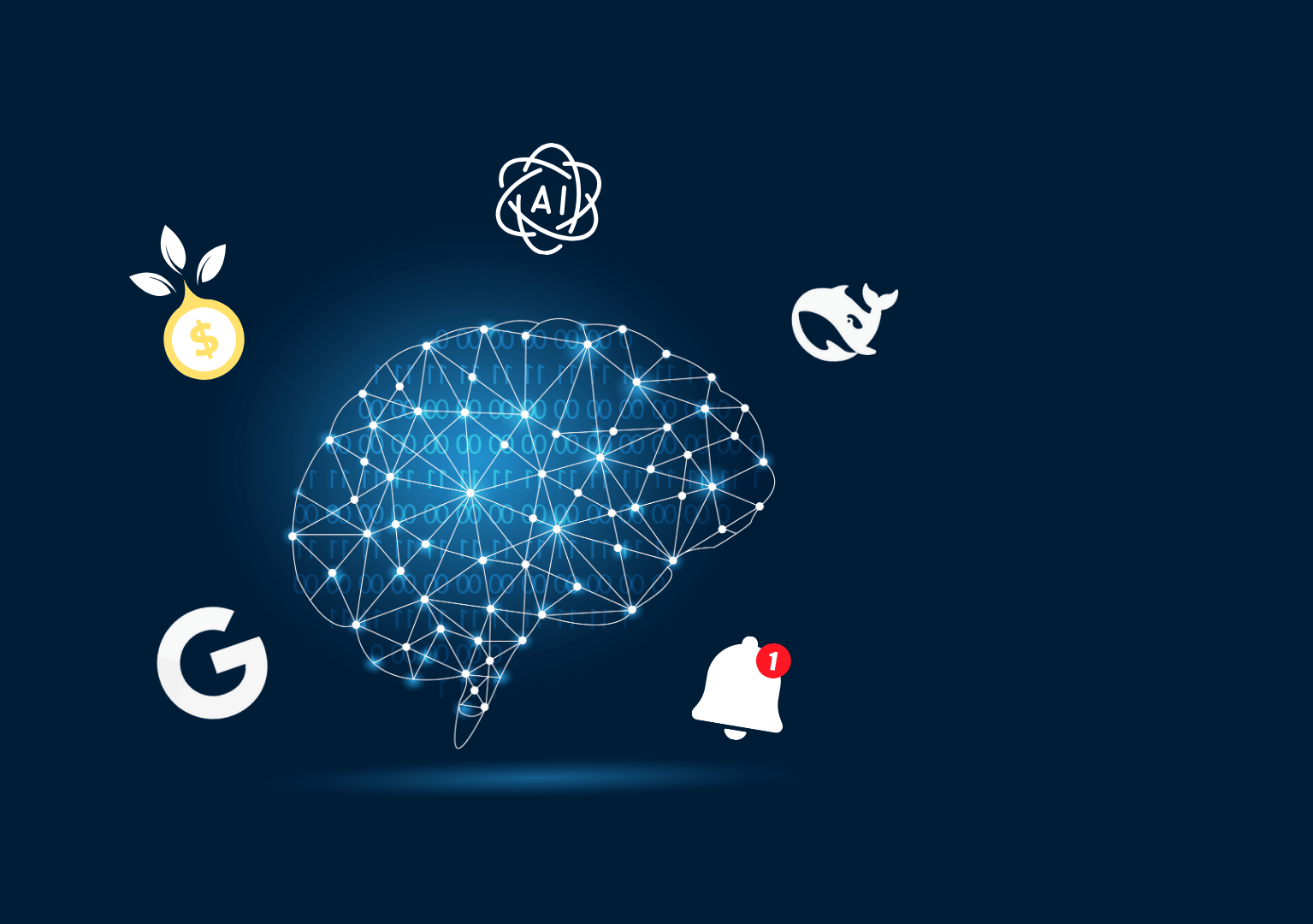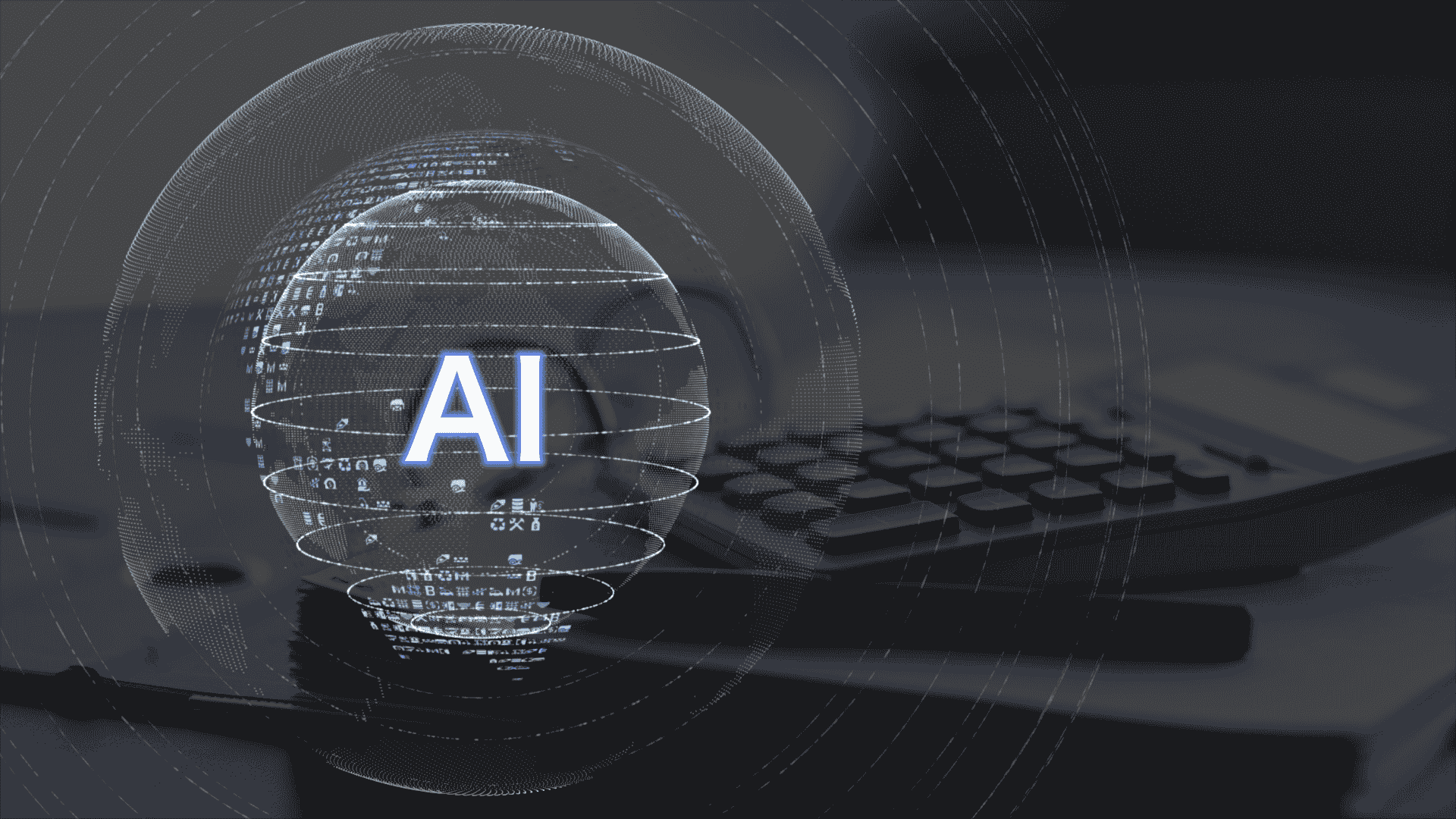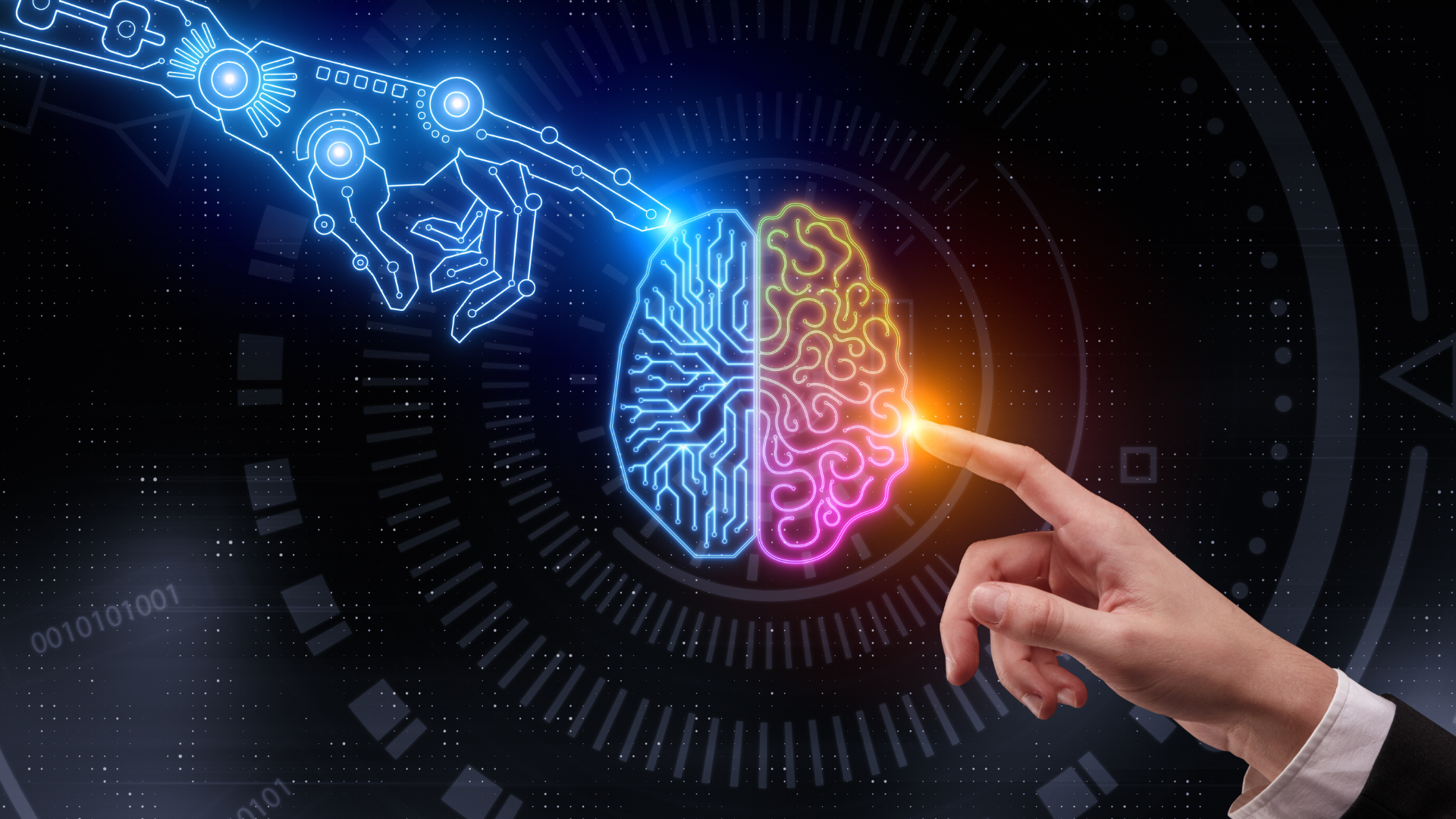New paragraph

DeepSeek Security Concerns And Other AI Developments This Week
This past week has seen significant advancements and discussions in AI, particularly concerning safety and security. Here are the top five AI topics that have garnered attention:
1. DeepSeek's Rapid Rise and Associated Security Concerns
Chinese AI startup DeepSeek has made headlines with its innovative AI models, developed at a fraction of the cost of competitors. However, this rapid ascent has been accompanied by significant security concerns. Several major Australian companies, including Vodafone, Optus, and Commonwealth Bank, have banned or restricted the use of DeepSeek's AI chat model following national security warnings from intelligence agencies. The primary concerns revolve around potential data sharing with the Chinese government and a lack of transparency in data handling practices. This mirrors global responses, with countries like Italy also blocking DeepSeek over data protection concerns.

Our take: The DeepSeek case underscores the importance of thoroughly vetting AI tools before integration into business operations. Ensuring that AI solutions comply with national security guidelines and data protection regulations is paramount to safeguarding sensitive information.
2. Major Investments in AI Infrastructure by Tech Giants
Google's parent company, Alphabet, has announced plans to invest $75 billion in capital expenditures in 2025, focusing on AI infrastructure, including servers and data centers. This move aligns with similar commitments from tech giants like Meta and Microsoft, which have also pledged significant investments in AI infrastructure this year. The substantial spending is driven by the increasing demand for AI services and competition from firms like DeepSeek.
Our take: While these investments signal rapid advancements in AI capabilities, businesses must remain vigilant about the security
implications of adopting new AI technologies. It's essential to implement robust security measures to protect against potential vulnerabilities in AI systems.

3. Google's Policy Shift on AI Applications
Google has revised its AI principles, removing a previous commitment not to use AI for weapons, surveillance, or technology intended to harm people. This update aligns Google more closely with other AI developers like Meta and OpenAI, which permit certain military applications of their technologies. The change reflects the growing global competition for AI leadership and raises questions about the ethical implications of AI deployment.
Our take: This policy shift highlights the need for businesses to establish clear ethical guidelines for AI use. Engaging in discussions about the ethical implications of AI applications can help ensure responsible deployment and maintain public trust.
4. Advancements in AI for Historical Research
Scientists and AI have united to decipher ancient scrolls charred by the eruption of Mount Vesuvius 2,000 years ago. Using AI to create 3D images of the scrolls, researchers have been able to virtually unroll them, revealing text that has been hidden for millennia. This breakthrough demonstrates AI's potential in fields beyond technology, offering new tools for historical and archaeological research.
Our take:
While this application of AI is largely beneficial, it serves as a reminder of the diverse capabilities of AI technologies. Businesses should consider both the opportunities and risks associated with deploying AI in various contexts, ensuring that applications are secure and ethically sound.
5. Enhancements in AI Model Safety Measures
AI startup Anthropic has introduced "constitutional classifiers" to prevent its language models from generating harmful content. This system monitors inputs and outputs to filter out dangerous information, addressing concerns over "jailbreaking," where users manipulate AI to produce illegal or harmful results. Other tech giants like Microsoft and Meta are also developing similar protections, aiming to enhance the security and reliability of AI systems.
Our take: The development of such safety measures is crucial for businesses looking to integrate AI into their operations. Implementing AI systems with built-in safeguards can help prevent misuse and protect both the company and its clients from potential harm.
Final note
The past week's developments in AI highlight the dynamic nature of the field and the critical importance of safety and security considerations. As AI continues to permeate various aspects of business and society, staying informed and proactive in addressing potential risks will be essential for responsible and effective adoption.
More Insights









